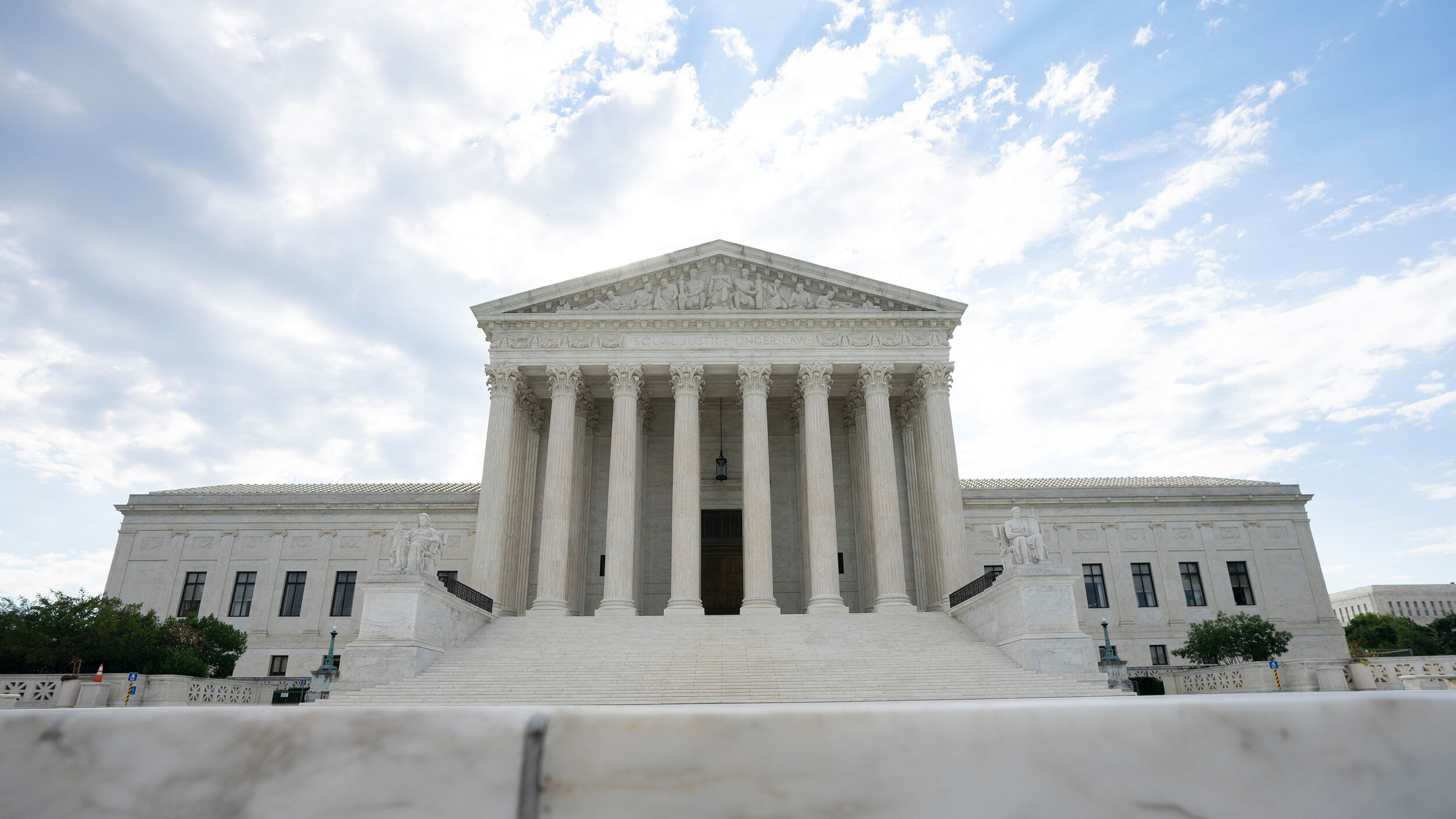
A Power of Attorney (POA) is a legal document that grants someone the authority to act on behalf of another person in specified legal or financial matters. The person granting the authority is known as the "principal," and the person receiving the authority is the "agent" or "attorney-in-fact." This legal arrangement is often utilized for various reasons, such as in situations where the principal is incapacitated, unavailable, or simply prefers someone else to manage specific affairs.
There are different types of powers of attorney, each serving distinct purposes. Some common types include:
General Power of Attorney: Grants broad powers to the agent, allowing them to manage various financial and legal matters on behalf of the principal.
Limited or Specific Power of Attorney: Grants the agent authority for specific, clearly defined tasks or within a certain time frame.
Durable Power of Attorney: Remains in effect even if the principal becomes incapacitated or mentally incompetent. This is particularly important for situations where long-term decision-making may be required.
Medical or Healthcare Power of Attorney: Specifically focuses on healthcare decisions, allowing the agent to make medical choices on behalf of the principal if they are unable to do so.
Financial Power of Attorney: Grants authority over financial matters, such as banking, investments, and property transactions.
Creating a Power of Attorney is a significant legal step and should be done carefully, often with the guidance of legal professionals, to ensure that the document accurately reflects the principal's wishes and adheres to relevant laws and regulations. It's a valuable tool for individuals and families to plan for unforeseen circumstances and ensure that their affairs are managed according to their preferences.

